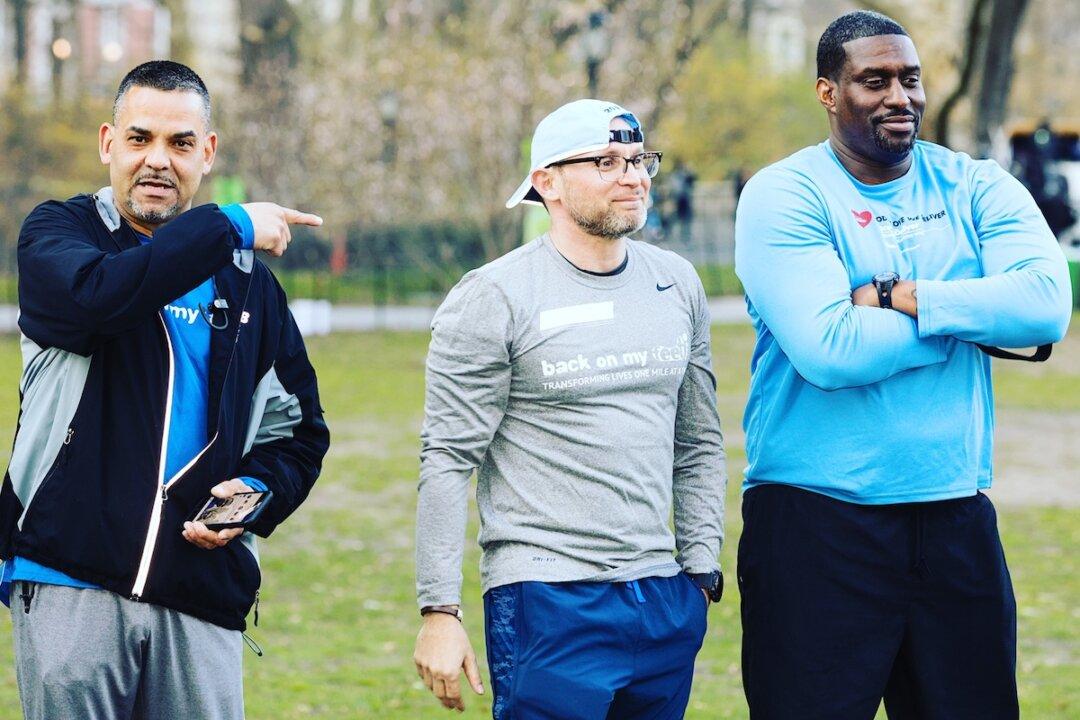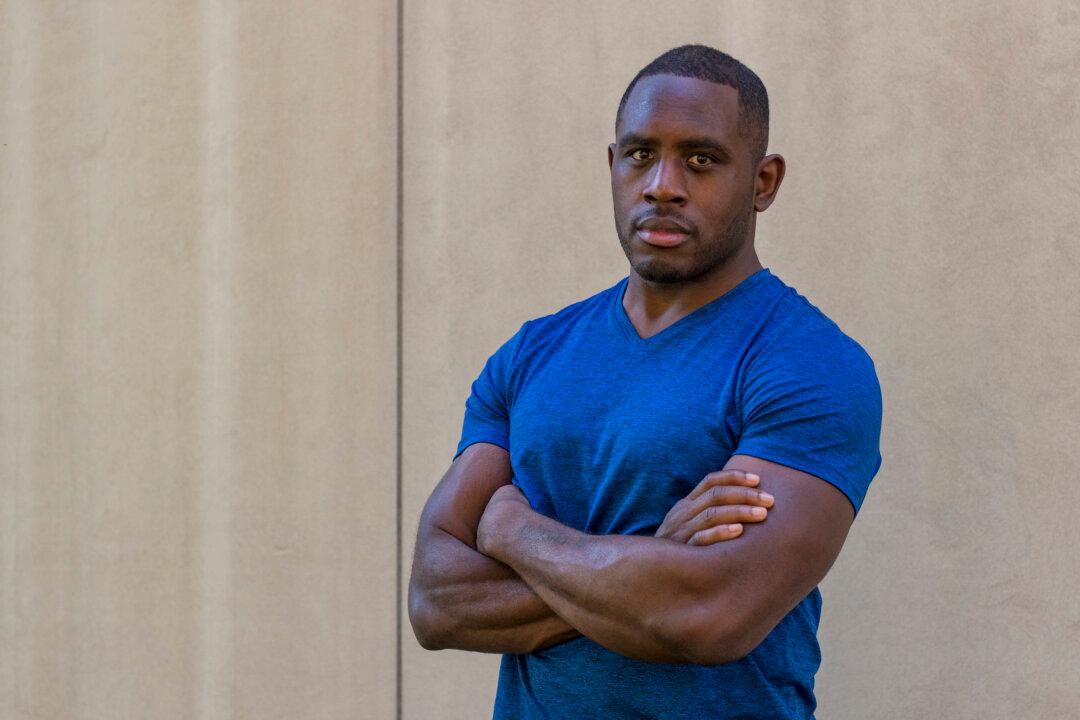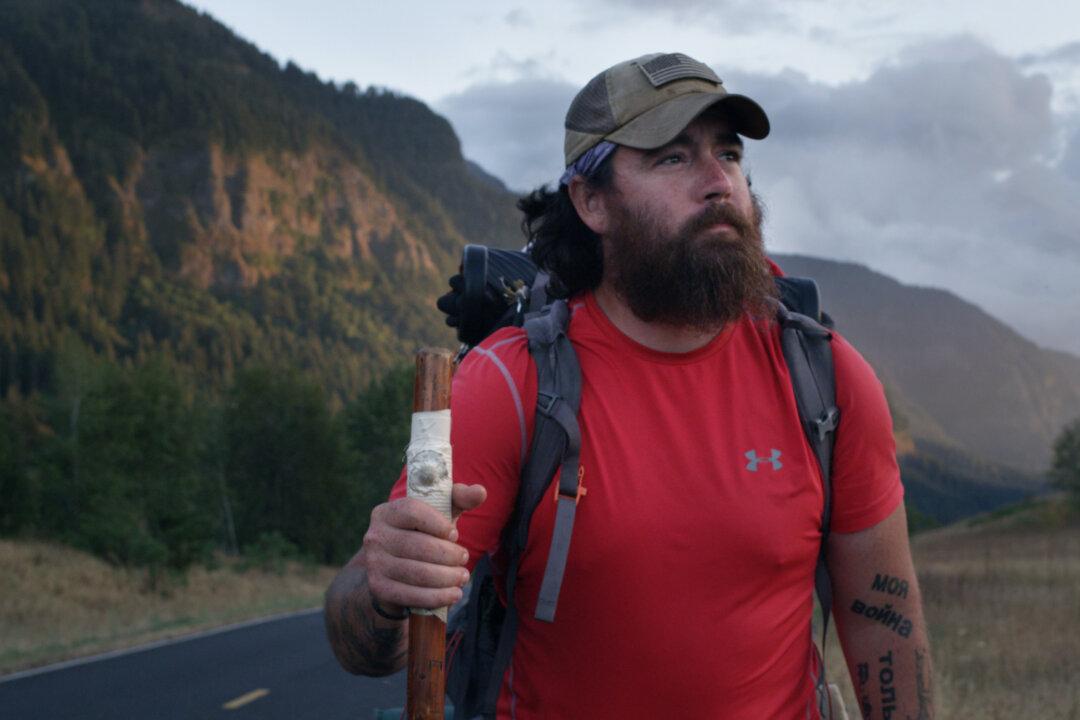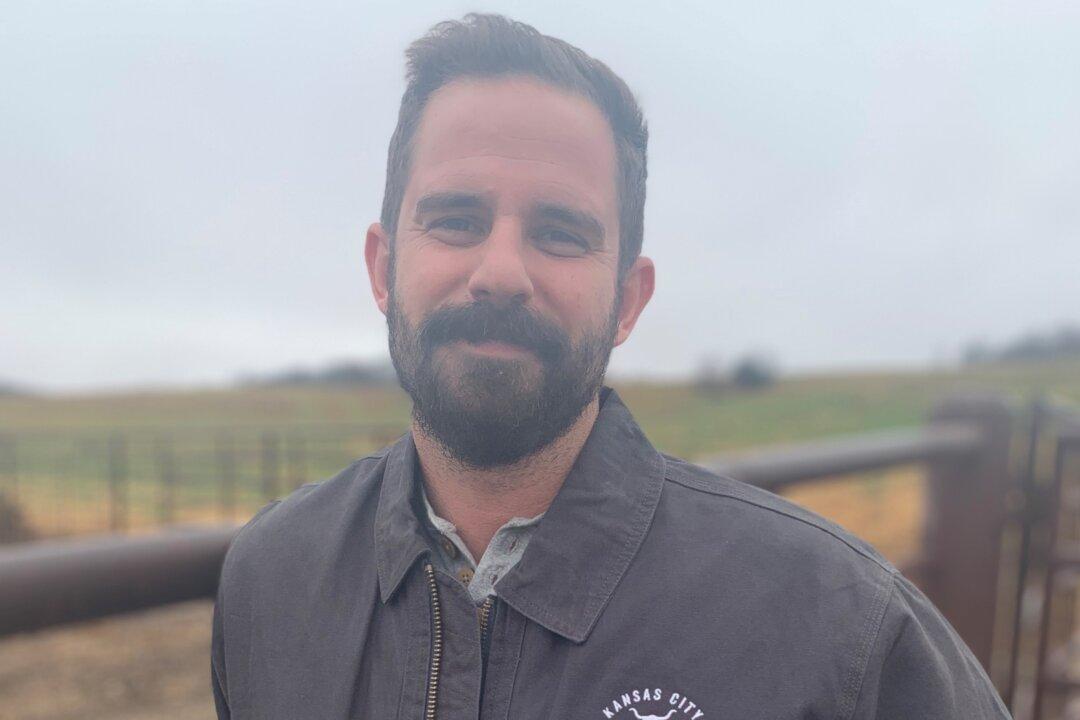NEW YORK–Running isn’t only healthy, the exercise and routine can transform lives. One man overcame substance abuse, homelessness, and incarceration by putting one foot in front of the other.
Derek Drescher grew up under circumstance no child should have to contend with, but many unfortunately do.






